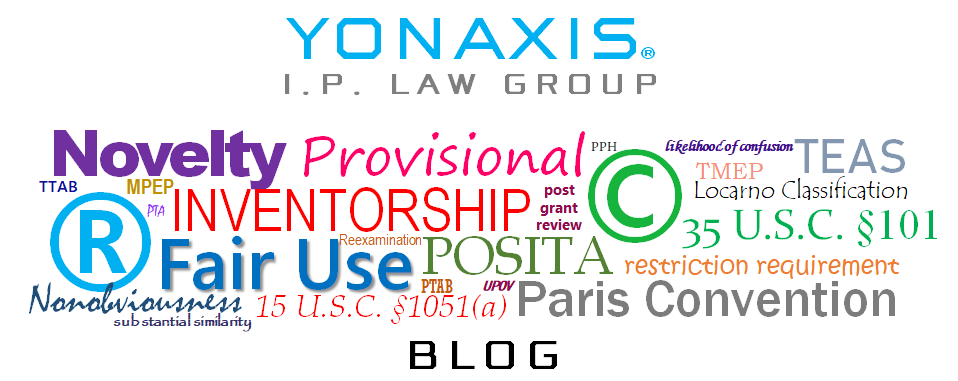On November 7, 2017, the USPTO issued its long-awaited new rule extending the USPTO’s attorney-client privilege to registered U.S. patent agents. The final rule can be found here.[1] This new rule has long been wanted by patent practitioners because, up until now, there existed a gray area of the practice which potentially prevented clients from properly communicating with their agents about patent filing strategies because of the possibility that their correspondence would be subject to discovery in a litigation. Some firms worked around this problem by having a patent attorney “supervise” the work of the patent agent, but even in these situations, there remained the possibility that the privilege did not attach to the agent’s communications with the client. Furthermore, the boutique firm or patent agency remained under non-privileged cloud. As a result, the new rule provides a measured level of clarity to the patent practice.
The scope of the new privilege covers all patent prosecution-related communications between a client and an agent, including prosecution of patent applications, development of patent strategies, and the agent’s communications with foreign IP offices related to the client’s U.S. patent application. Discovery in Patent Trial and Appeal Board (PTAB) proceedings usually implicates prosecution work, and, as a result, the scope of the patent agent privilege covers both the communications about the prosecution and the PTAB proceedings.
The rulemaking acquired some urgency after the Federal Circuit found a patent agent privilege in In re Queen’s University at Kingston.[2] In Queen’s University, the Federal Circuit held, in finding a patent agent privilege, that the patent practice was not just a “law-like activity” but an actual “congressionally-authorized practice of law.” The Federal Circuit further noted that: “[w]hether those communications are directed to an attorney or his or her legally equivalent patent agent should be of no moment. Indeed, if we hold otherwise, we frustrate the very purpose of Congress’ design; namely, to afford clients to freedom to choose between an attorney and a patent agent for representation before the Patent Office.”[3]
The final rule codifies the patent-agent privilege as 37 C.F.R. § 42.57, as follows:
(a) Privileged communications. A communication between a client and a USPTO patent practictioner or a foreign patent practitioner that is reasonably necessary and incident ot the scope of the patent practitioner’s authority shall receive the same protections of privilege under Federal law as if that communication were between a client and an attorney authorized to practice in the United States, including all limitations and exceptions.
(b) Definitions. The term “USPTO patent practitioner” means a person who has fulfilled the requirements to practice patent matters before the United States Patent and Trademark Office under § 11.7 of this chapter. “Foreign jurisdiction patent practitioner” means a person who is authorized to provide legal advice on patent matters in a foreign jurisdiction, provided that the jurisdiction establishes professional qualifications and the practitioner satisfies them. For foreign jurisdiction patent practitioners, this rule applies regardless of whether that jurisdiction provides privilege or an equivalent under its laws.
(c) Scope of coverage. USPTO patent practitioners and foreign jurisdiction patent practitioners shall receive the same treatment as attorneys on all issues affecting privilege or waiver, such as communications with employees or assistants of the practitioner and communications between multiple practitioners.
The provisions of 37 C.F.R. § 42.57 take effect on December 7, 2017.
[1] 82 Fed. Reg. 51570-75 (Nov. 7, 2017).
[2] 820 F.3d 1287 (Fed. Cir. 2016).
[3] Id. at 1298.
